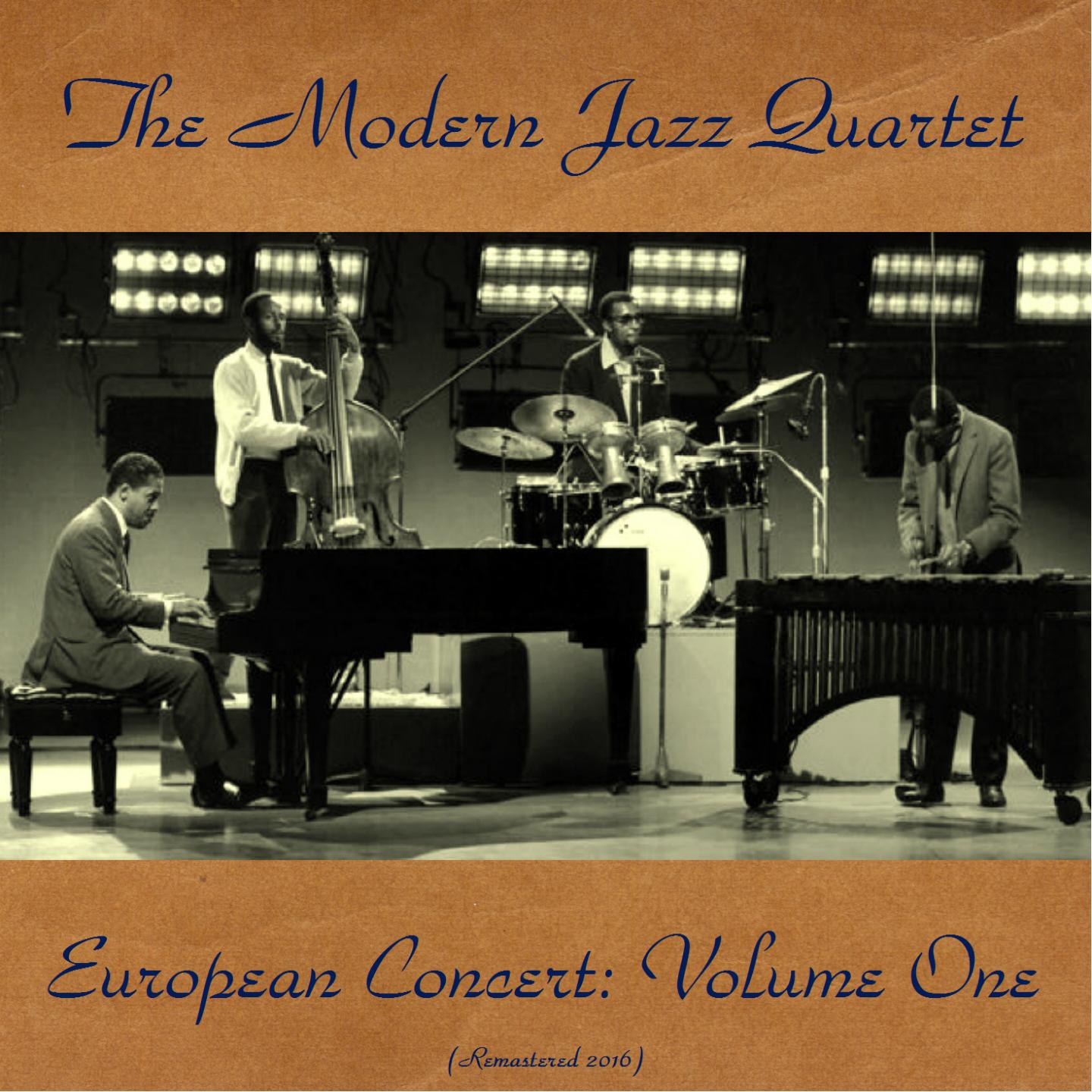Exploring the Timeless Melodies of Franz Peter Schubert: A Journey Through His Most Iconic Works
Guide or Summary:Introduction to Franz Peter SchubertThe Significance of Schubert's LiederSchubert's Influence on Classical MusicA Closer Look at Schubert's……
Guide or Summary:
- Introduction to Franz Peter Schubert
- The Significance of Schubert's Lieder
- Schubert's Influence on Classical Music
- A Closer Look at Schubert's Major Works
- Schubert's Legacy and Modern Relevance
Introduction to Franz Peter Schubert
Franz Peter Schubert, an Austrian composer born in 1797, is celebrated for his profound contributions to classical music. He was a pivotal figure in the transition from the Classical to the Romantic era, blending the structural clarity of his predecessors with the emotional depth that would define the Romantic movement. Schubert's life, though tragically short, was filled with remarkable creativity, resulting in a vast oeuvre that includes symphonies, chamber music, operas, and an extensive collection of Lieder (songs).
The Significance of Schubert's Lieder
One of Schubert's most significant contributions to music is his Lieder, which are characterized by their lyrical beauty and emotional intensity. These songs often set poetry to music, creating a powerful connection between the text and melody. Works such as "Gretchen am Spinnrade" and "Die Forelle" showcase his ability to capture the essence of the human experience through song. Schubert's Lieder are not merely musical compositions; they are narratives that explore themes of love, longing, and nature, making them timeless and relatable across generations.

Schubert's Influence on Classical Music
Schubert's influence extends beyond his own compositions. He inspired numerous composers, including Johannes Brahms and Gustav Mahler, who admired his ability to convey deep emotion through music. His innovations in harmony and form paved the way for future generations of musicians. Schubert's use of chromaticism and his exploration of new harmonic territories challenged the conventions of his time, allowing for greater expressiveness in music. This legacy is evident in the works of later composers who embraced and expanded upon his ideas.
A Closer Look at Schubert's Major Works
Schubert's catalog is extensive, but some of his most notable works include his symphonies, such as the "Unfinished Symphony" (Symphony No. 8) and "The Great C Major Symphony" (Symphony No. 9). The "Unfinished Symphony," composed in 1822, is particularly intriguing due to its incomplete status; it consists of only two movements, yet it remains one of his most performed and revered works. The emotional depth and innovative orchestration in these symphonies illustrate Schubert's mastery of the orchestral medium.
In addition to symphonies, Schubert's chamber music, including the "Piano Quintet in A major" (D. 667), commonly known as the "Trout Quintet," is a testament to his genius. This piece combines lyrical melodies with intricate counterpoint, showcasing Schubert's ability to blend different musical elements seamlessly. The "Trout Quintet" remains a staple in the chamber music repertoire and is celebrated for its charm and inventiveness.

Schubert's Legacy and Modern Relevance
Despite his untimely death at the age of 31, Franz Peter Schubert's legacy endures. His music continues to be performed and celebrated worldwide, resonating with audiences of all ages. The emotional depth and lyrical beauty of his compositions make them a favorite among musicians and listeners alike. Schubert's ability to capture the complexities of human emotion in his music ensures that his works remain relevant in today's musical landscape.
In recent years, Schubert's music has been featured in various films, television shows, and even modern adaptations, introducing his timeless melodies to new audiences. His songs are frequently performed in recitals and concerts, showcasing the enduring appeal of his artistry. Additionally, contemporary composers often draw inspiration from Schubert's innovative techniques, ensuring that his influence continues to shape the future of classical music.
In conclusion, Franz Peter Schubert's contributions to classical music are immeasurable. His ability to blend emotional depth with musical innovation has left an indelible mark on the world of music. As we explore the timeless melodies of Schubert, we are reminded of the power of music to transcend time and connect us to the human experience. Whether through his Lieder, symphonies, or chamber works, Schubert's music continues to inspire and resonate, making him a true icon of classical music history.
